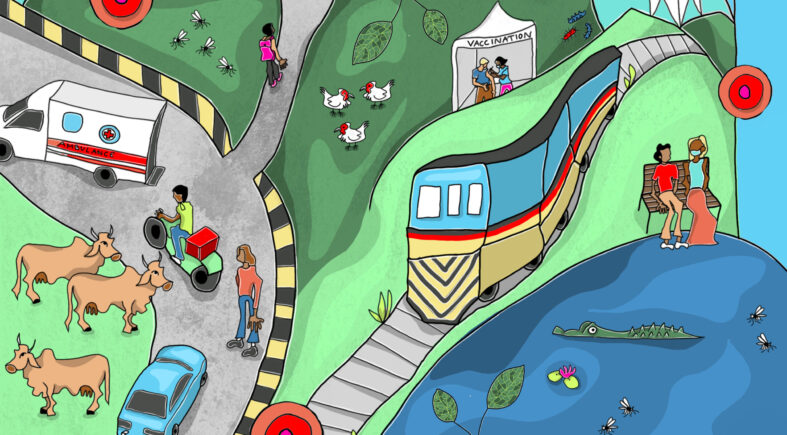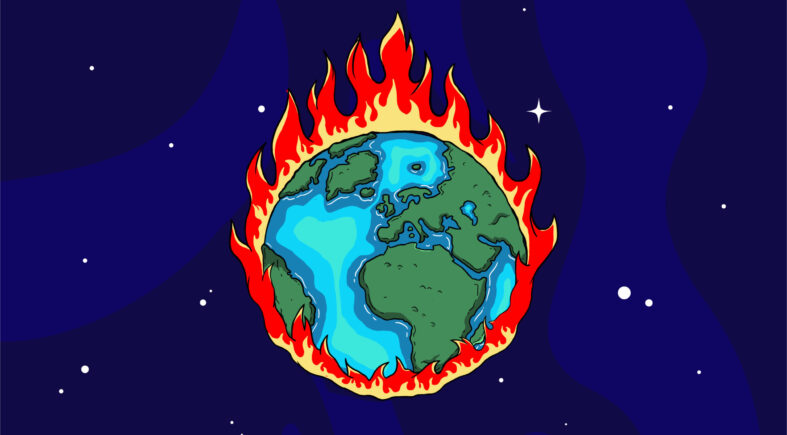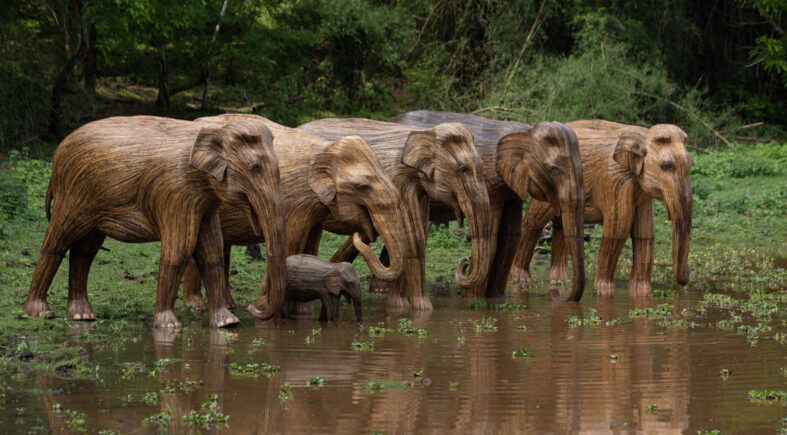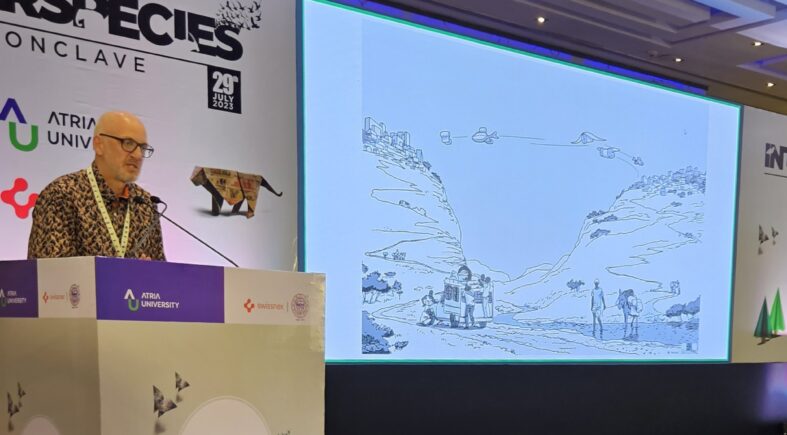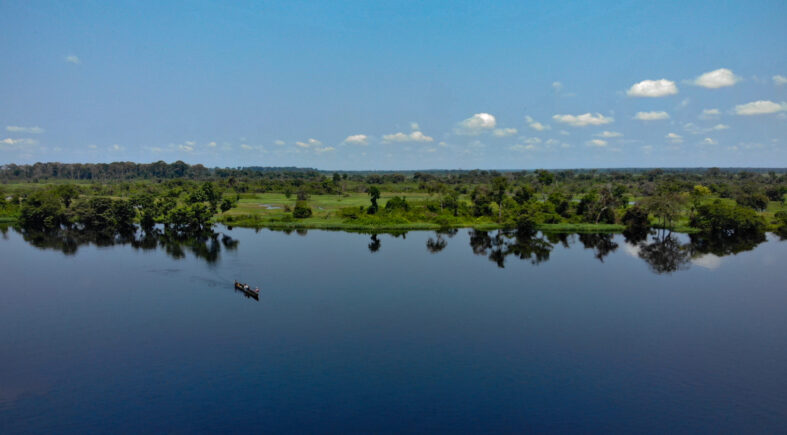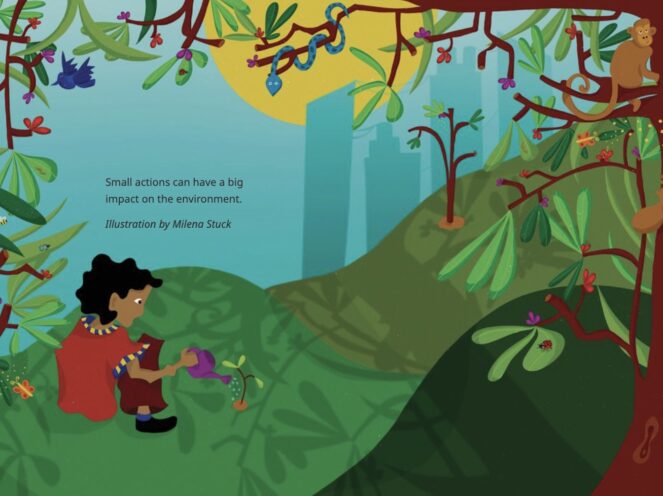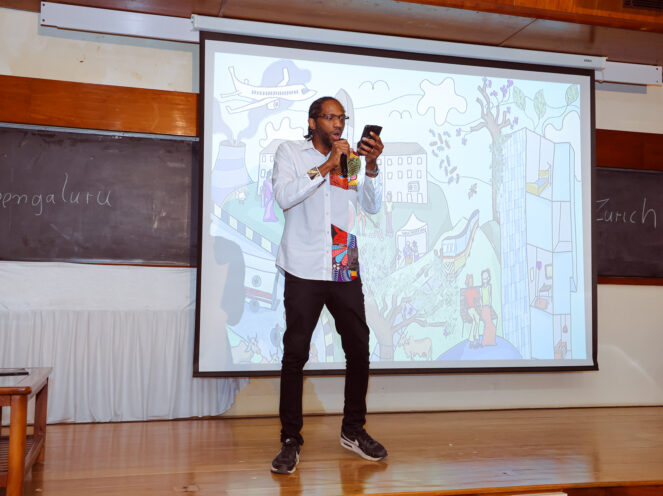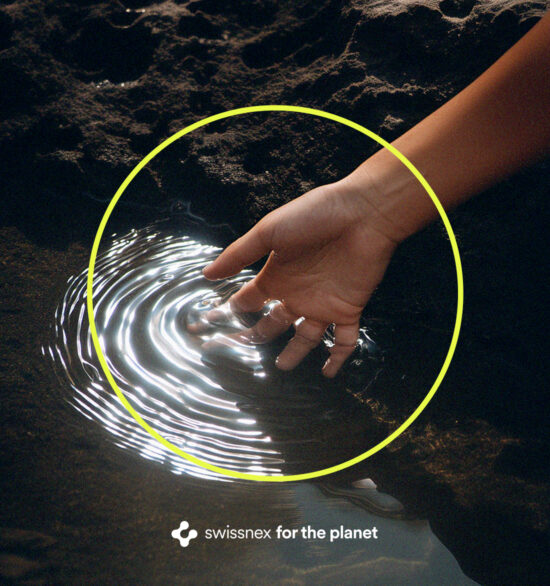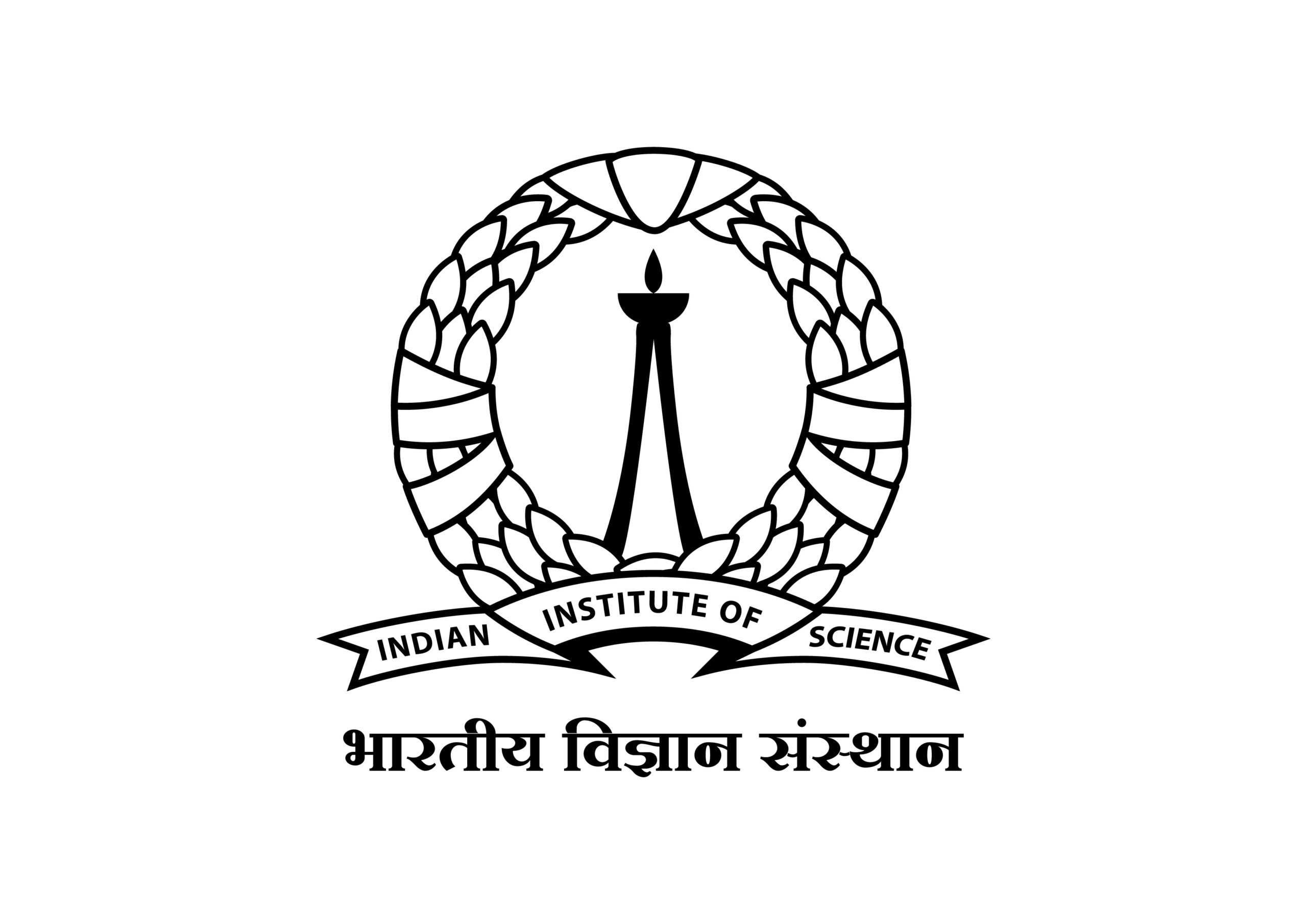The ongoing climate crisis is manifesting itself more and more strongly and in many ways. Let’s look at this through a few examples. Burning fossil fuels, which started with the Industrial Revolution in the 18th century and is considered to be the start of global warming, contributes to air pollution, which then exacerbates respiratory and cardiovascular diseases. Pollution also affects the entire ecosystem cycle—it reduces soil and water quality, harms wildlife and shrinks agricultural productivity. This then leads to a loss of natural habitats which further leads to loss of biodiversity and an increase in risk of zoonotic diseases (diseases that have their origin in a non-human species but can crossover to humans, such as the Covid-19 virus) and disease outbreaks, which have massive consequences for human and animal health. Another example of a global issue that can only be effectively addressed through the Planetary- and One Health-approaches due to its complex nature is antimicrobial resistance (AMR).
Then there is the matter of extreme weather—one of the most visible effects of climate change that we experience in our daily lives. People are moving across borders due to forced migration caused by an increase in extreme weather events, and the impacts of climate change such as prolonged drought periods and shifted monsoons which render agricultural livelihoods impossible. This disproportionately affects low- and middle-income countries because they are least equipped to deal with the consequences due to poor public infrastructure and lack of support from the government. This issue again needs to be looked at from different perspectives across disciplines.
Human health depends on environmental and animal well being, as well as halting and eventually reversing global warming and climate change. All our actions and behaviours determine the possibility of future life on the planet and are closely interlinked.
